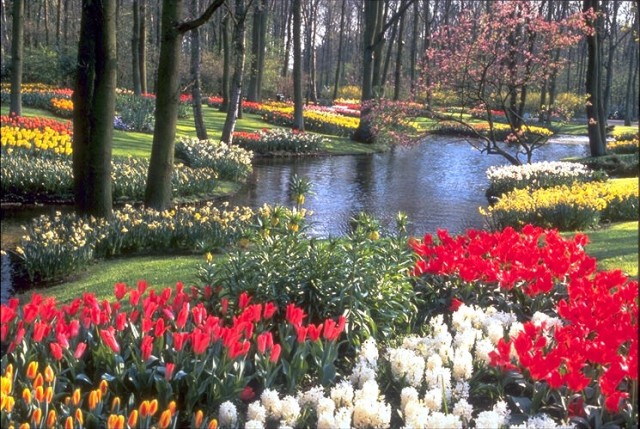Hope
“Hope is a good breakfast, but it is a bad supper.”
“Work without hope draws nectar in a sieve, And hope without an object cannot live.”
The epigraph comes from the 1825 poem “Work without Hope” by the English Romantic poet, Samuel Taylor Coleridge. (Source: Nectar in a Sieve by Kamala Markandaya )
ALL Nature seems at work. Slugs leave their lair—
The bees are stirring—birds are on the wing—
And Winter, slumbering in the open air,
Wears on his smiling face a dream of Spring!
And I, the while, the sole unbusy thing,
Nor honey make, nor pair, nor build, nor sing.Yet well I ken the banks where amaranths blow,
Have traced the fount whence streams of nectar flow.
Bloom, O ye amaranths! bloom for whom ye may,
For me ye bloom not! Glide, rich streams, away!
With lips unbrighten’d, wreathless brow, I stroll:
And would you learn the spells that drowse my soul?
Work without Hope draws nectar in a sieve,
And Hope without an object cannot live.
The poem is the sullen musings of the human as he recognizes the industrious and enthusiastic activity of nature preparing for spring. Where he says, “Yet well I ken (comprehend) the banks where amaranths blow, Have traced the fount whence streams of nectar flow.” he rightfully perceives his natural existence but also understands he is not an employ in the assembly of the product, that being the blossoming of nature. He ultimately realizes that to experience the rewards of achievement and accomplishment in the final product and finished work, he must have a role in its development.
In conclusion, he uses the analogy of collecting honey with a sieve, a colander, to working without a vision of the end result. The human reinforces the concept by also realizing that blind hope, or simply hope alone cannot survive. More simply, work with hope AND purpose but don’t hope and not be an active participant.
“Work without hope draws nectar in a sieve, And hope without an object cannot live.”
This principle is defined quite clearly in the scripture verse, 1 Corinthians 9:10.
“Or saith he this altogether for our sakes? for our sakes, no doubt, this is written: that he that ploweth should plow in hope; and that he that thresheth in hope should be partaker of his hope.” – 1 Cor. 9:10 Web
The encouraging directive is this. Your labor is not in vain. What a man soweth, that shall he also reap. What we labor for, let us look forward to partaking of and enjoying the fruits of our labor.
In this war against humanity, where we are subjects of organized stalking, the object of our hope is a cessation of these crimes and victory over those who perpetrate them. Our vision is victory. Victory is our object and if it is a righteous victory, it has no holes in it to let the nectar of our labors drip to the ground.
Keith57

